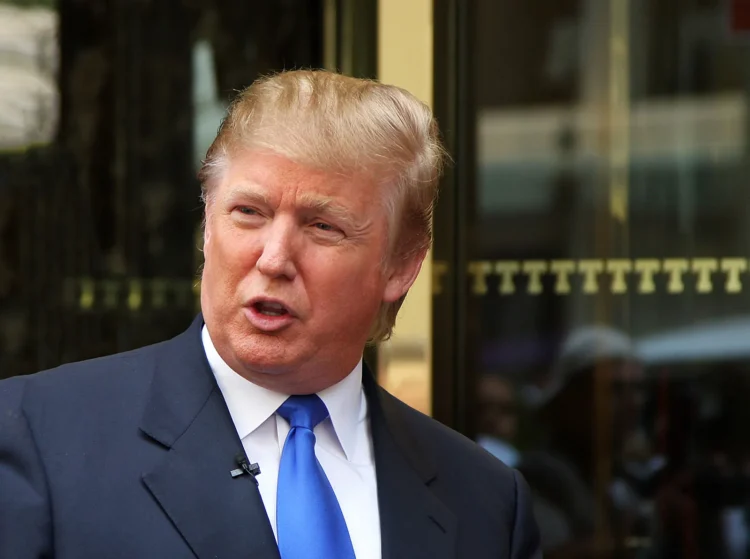By Aaron Miller-
A multi-pronged effort to prevent Donald Trump from appearing on the 2024 presidential ballot is gaining momentum.
The campaign to bar the former president from running for public office is based on a provision from the 14th amendment to the U.S. Constitution, which states that no person can hold public office if they “have engaged in insurrection or rebellion against the same, or given aid or comfort to the enemies thereof.”
The crux of the argument against Trump is rooted in his alleged incitement of the deadly attack on the U.S. Capitol that took place on January 6, 2021.
In this attack, his supporters attempted to block Congress from certifying Joe Biden’s 2020 election victory. Legal experts believe that Trump’s involvement in this incident perfectly fits the criteria outlined in the 14th amendment, which has yet to be seriously tested in a courtroom.
The legal battle has commenced in Colorado and is set to continue in Minnesota’s Supreme Court this week.
These cases hold the potential to eventually reach the U.S. Supreme Court, regardless of the outcomes in lower courts. It is expected that the rulings will be swiftly appealed, potentially prolonging the legal battles as the 2024 general election looms just 12 months away.
Derek Muller, a law professor at the University of Notre Dame, compared these cases to past debates regarding presidential candidates’ eligibility, such as Barack Obama, Ted Cruz, and John McCain.
However, he emphasized that the legal challenges against Trump are unique, as they revolve around the relatively obscure clause of the constitution that pertains to insurrection. Muller noted that while these legal questions may be seen as long shots, they raise crucial issues and have a plausible legal path to success.
Support for Trump’s removal from the 2024 ballot has grown, with Virginia Senator Tim Kaine, Hillary Clinton’s 2016 running mate, asserting that the language in the 14th amendment is specific.
Kaine argues that the attack on the Capitol was intended to disrupt the peaceful transfer of power as outlined in the Constitution, making a compelling case for Trump’s disqualification.
Several cases citing the 14th amendment have been filed in recent months, but the cases in Colorado and Minnesota hold particular significance. These cases were filed by two liberal groups with substantial resources and are situated in states with a clear and swift process for challenging candidates’ qualifications.
As a result, the Colorado and Minnesota cases are following a more legally sound route to compel election officials to disqualify Trump, distinguishing them from other lawsuits that seek a sweeping federal ruling against Trump’s eligibility.
The Citizens for Responsibility and Ethics in Washington (CREW) watchdog group filed the lawsuit in Colorado, arguing that Trump’s actions on January 6, 2021, violated the 14th amendment and disqualified him from holding public office.
Trump’s legal team counters that the provision has not been used in 150 years and is being misinterpreted.
They contend that it was not meant to apply to the presidency, as the text mentions “senator or representative in Congress” and “elector of president and vice-president” but does not mention the office of the president. Trump’s lawyers also argue that he did not engage in insurrection but was exercising his right to free speech.
While Trump remains defiant and dismissive of these legal challenges, the arguments in Colorado may feature testimony from witnesses to the January 6, 2021 attack and other actions taken by Trump to overturn his 2020 election defeat.
He is currently facing charges in both a federal case in Washington, D.C., and a state case in Fulton County, Georgia, over these efforts. As the legal battles intensify, the nation watches closely, and the outcome could have far-reaching implications for Trump’s political future.




